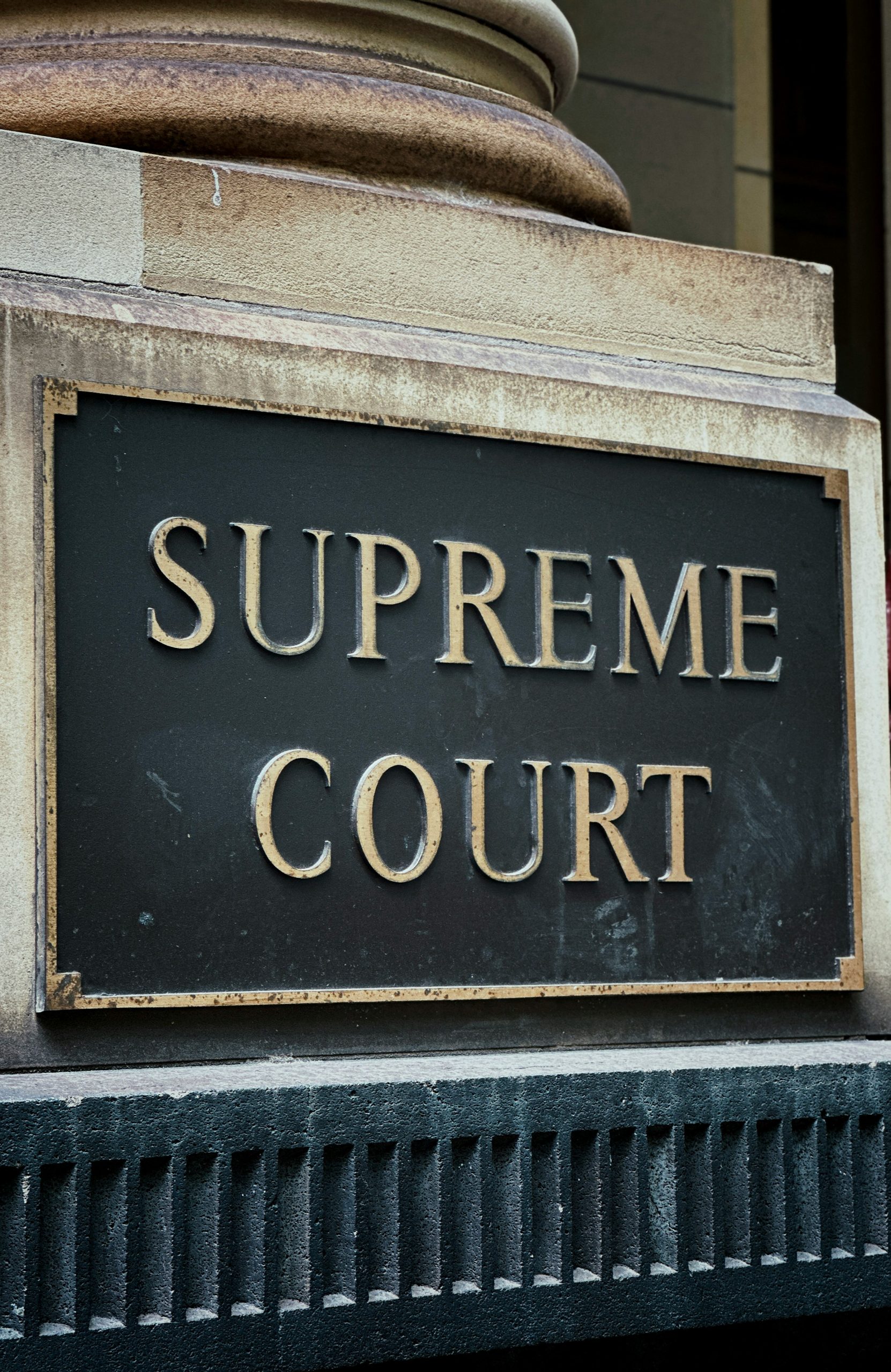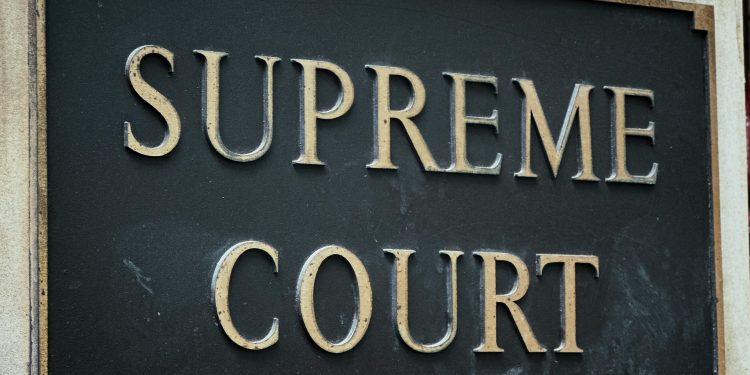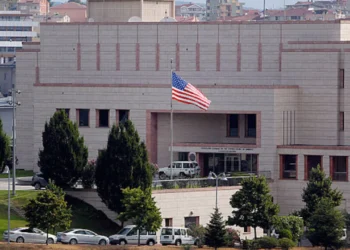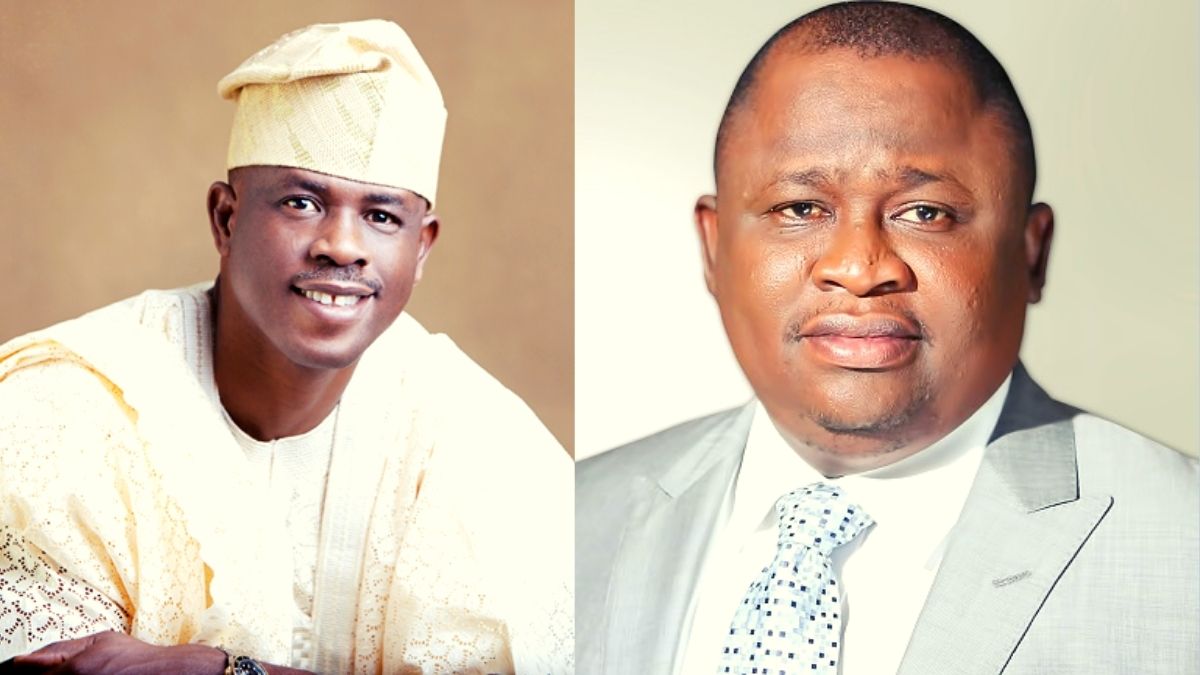In a desperate bid to salvage his cornerstone trade policy, President Donald Trump is asking the Supreme Court to validate his sweeping emergency tariffs, a move that is not just legally dubious but economically reckless. After two resounding defeats in lower courts, the administration is now banking on the conservative-majority court to grant a president unprecedented, unchecked power to impose tariffs under a law never intended for such a purpose.
This appeal is more than a legal challenge; it is a direct assault on the separation of powers and a dangerous attempt to rewrite the rules of global trade. The stakes could not be higher, with the very future of U.S. economic policy and constitutional law on the line.
A Constitutional Showdown Over Presidential Authority
The legal battle over Trump’s tariffs hinges on a single, critical question: Does the International Emergency Economic Powers Act (IEEPA), a 1977 law designed for narrow emergencies, give a president the broad authority to impose tariffs at will? The two lower courts said a resounding “no,” arguing that the power to tax and impose duties belongs to Congress.

The case will be a crucial test of the Supreme Court’s “major questions doctrine,” which states that a president cannot make decisions of “vast economic and political significance” without explicit direction from Congress.
Given that Trump’s tariffs have had a “staggering” economic impact—even larger than the student loan cancellation program that the same court struck down—it would be an act of breathtaking hypocrisy for the justices to apply a different standard here. The administration’s legal gymnastics, arguing that “regulating” trade includes imposing tariffs, is a transparent attempt to subvert the constitutional order.
Why It Matters
Beyond the legal questions, the potential consequences of the Supreme Court’s decision are dire. If the tariffs are struck down, the Trump administration will face the monumental task of refunding over $65 billion in collected duties, an economic headache that could trigger chaos for both the government and importers.
The administration’s backup plans, like the antiquated Smoot-Hawley Tariff Act, are mere stopgaps that will only prolong the uncertainty and damage. To restore faith in both our legal system and our trade relations, the Supreme Court must uphold the lower court rulings. This is not about politics; it is about protecting the constitutional framework that limits presidential power.
The solution is not to allow the president to act as a monarch, but to force the administration to work with Congress and the global community. Only by returning to a predictable, rules-based system can the United States truly be an economic leader and avoid the self-inflicted chaos of a trade war fought with legally questionable weapons.

















